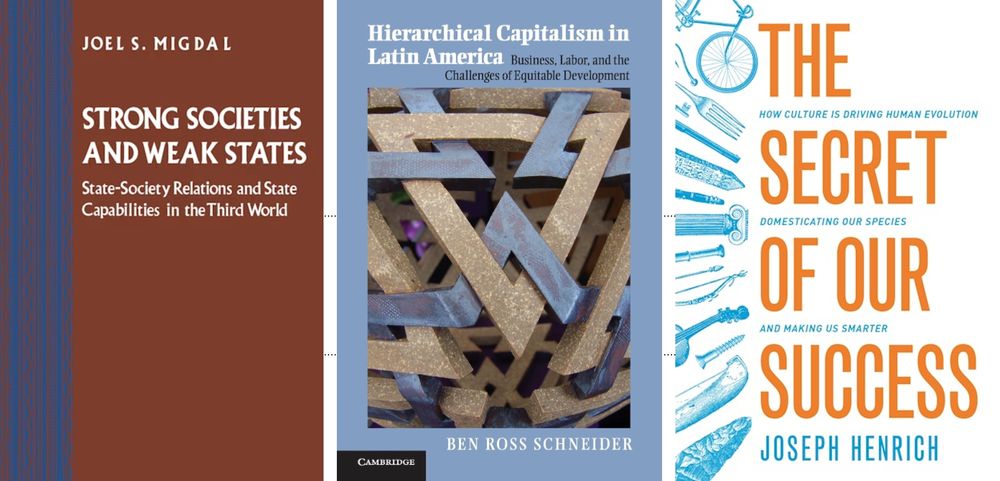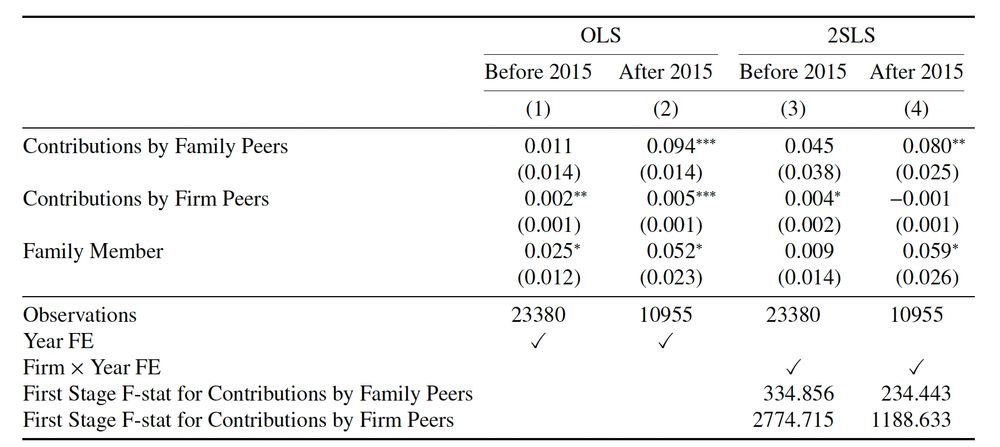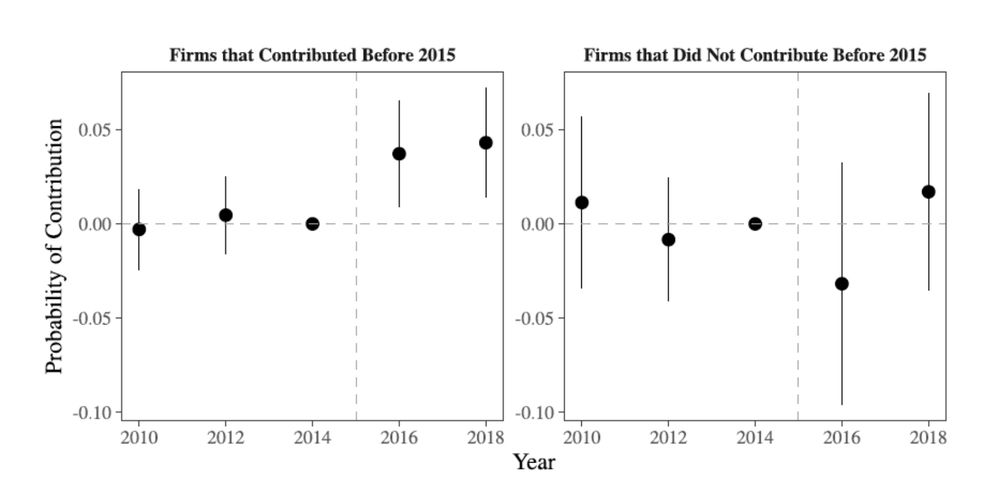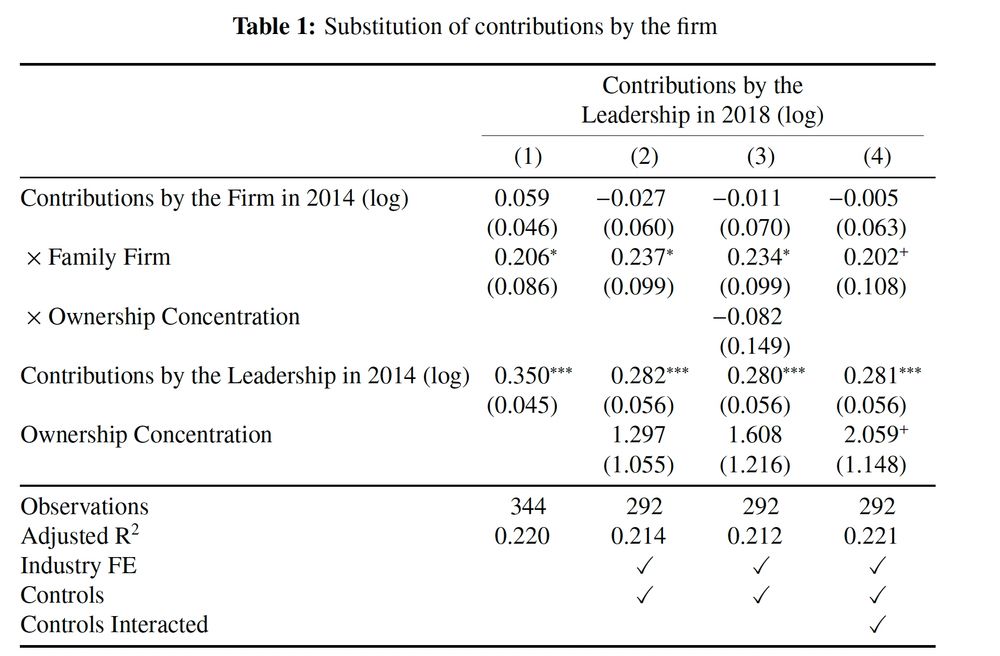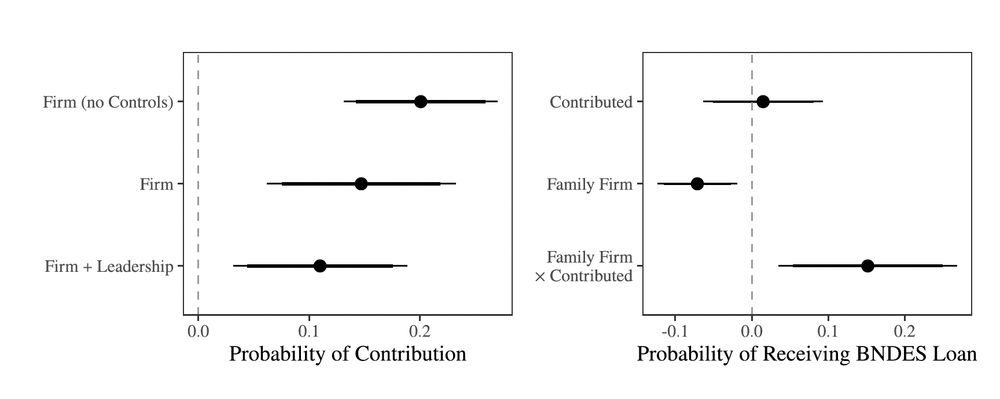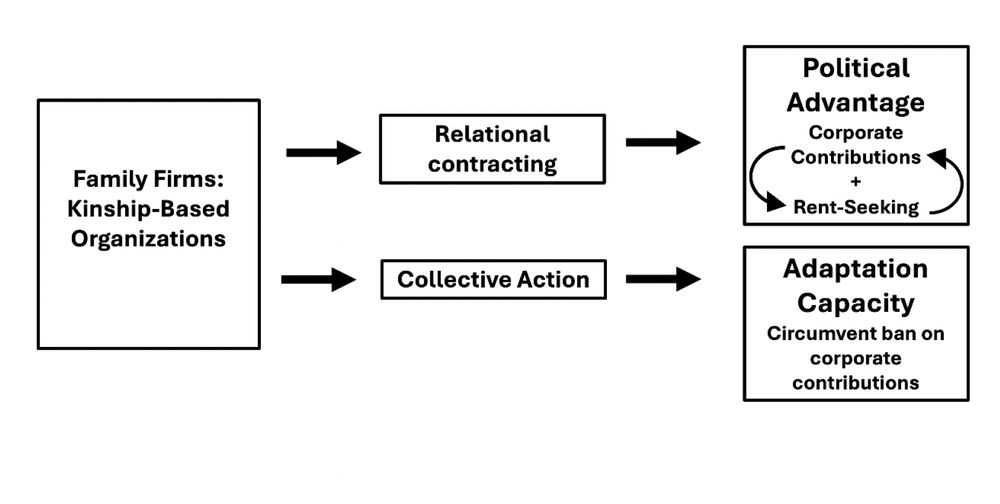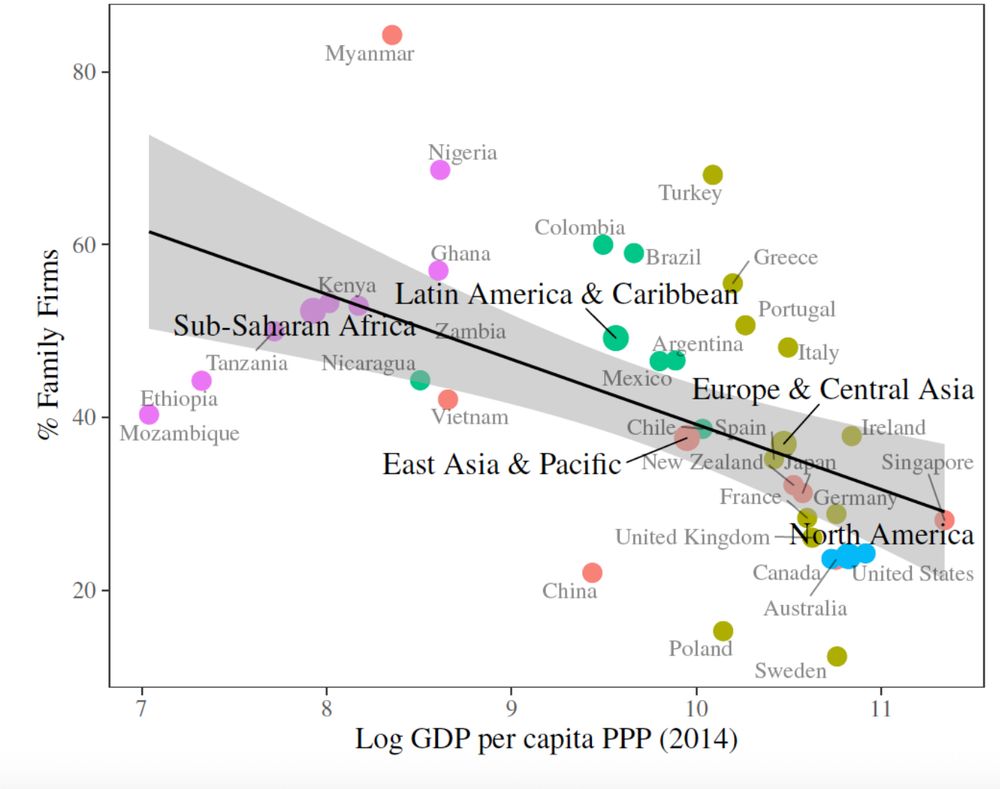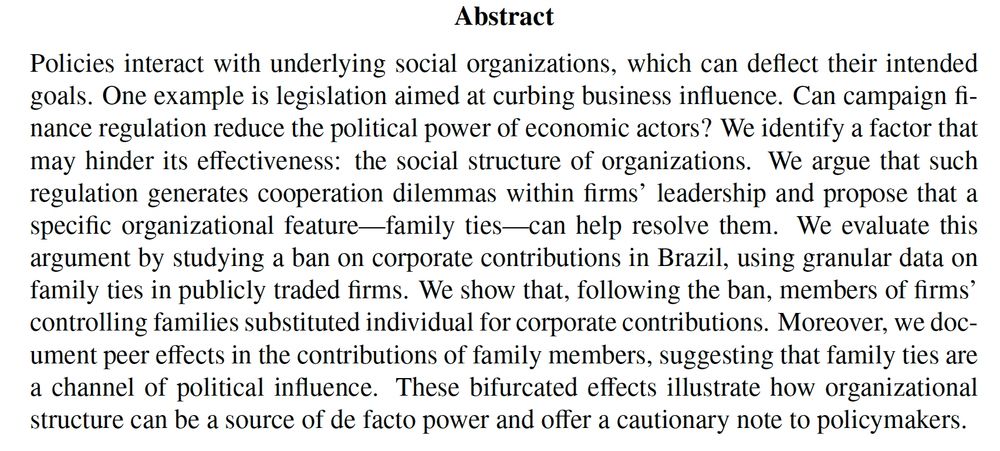Pablo Balan
@pablobalan.bsky.social
220 followers
96 following
17 posts
Political Economist | @Harvard PhD | Assistant Professor @TelAvivUni | Affiliate Fellow @StiglerCenter | Political Economy, Development, Africa, Latin America
www.pablobalan.com
Posts
Media
Videos
Starter Packs
Pablo Balan
@pablobalan.bsky.social
· May 26
Pablo Balan
@pablobalan.bsky.social
· May 26
Pablo Balan
@pablobalan.bsky.social
· May 26
Pablo Balan
@pablobalan.bsky.social
· May 26
Pablo Balan
@pablobalan.bsky.social
· May 26
Pablo Balan
@pablobalan.bsky.social
· May 26
Pablo Balan
@pablobalan.bsky.social
· May 26
Pablo Balan
@pablobalan.bsky.social
· May 26
